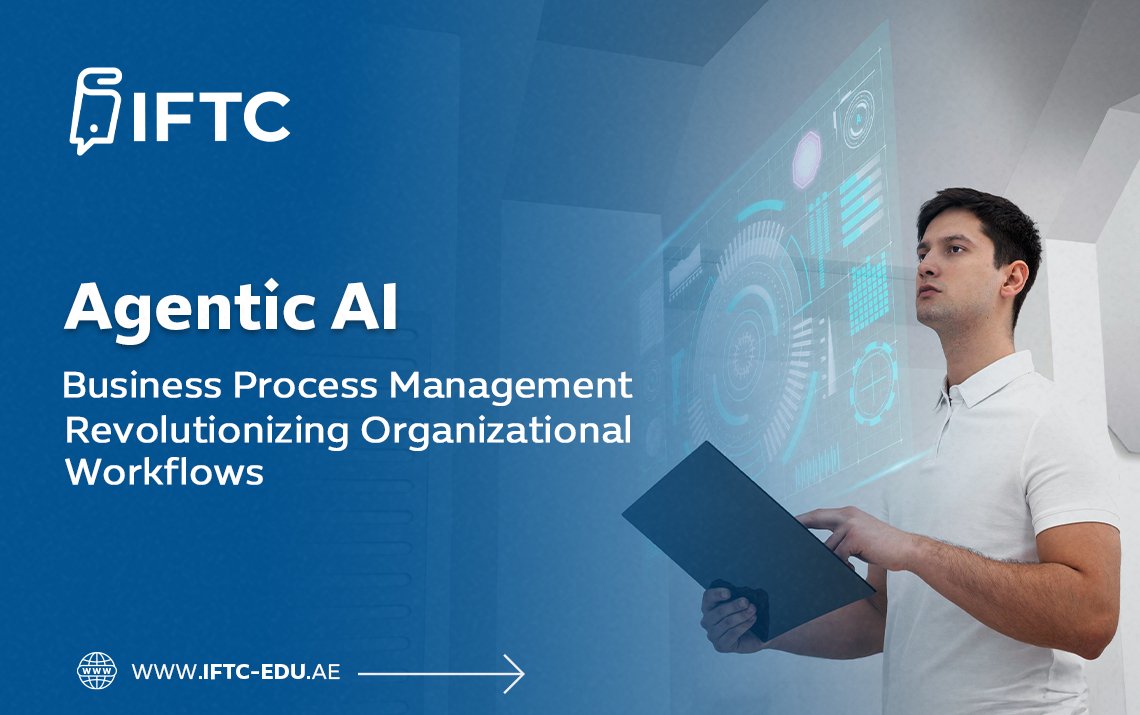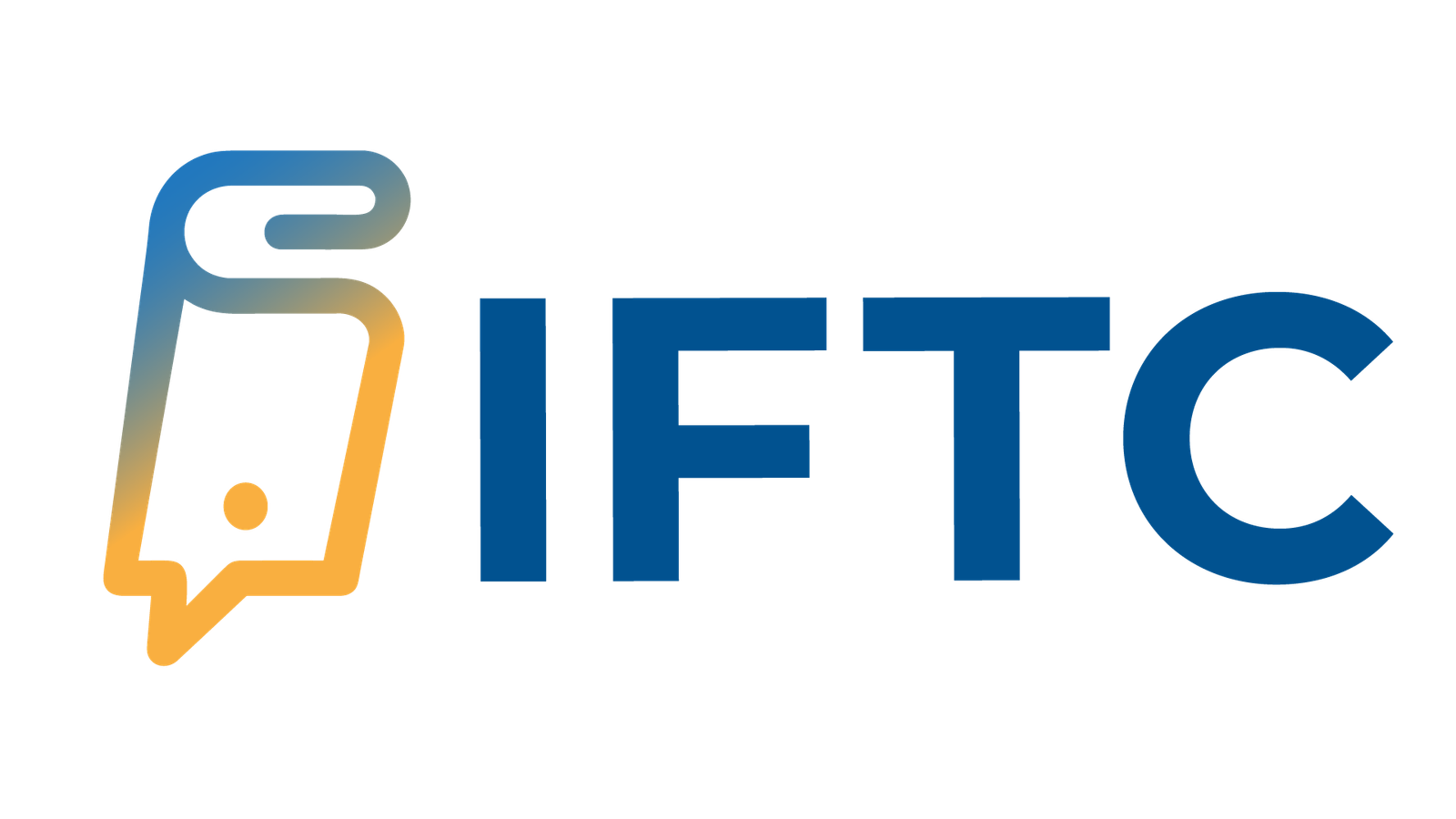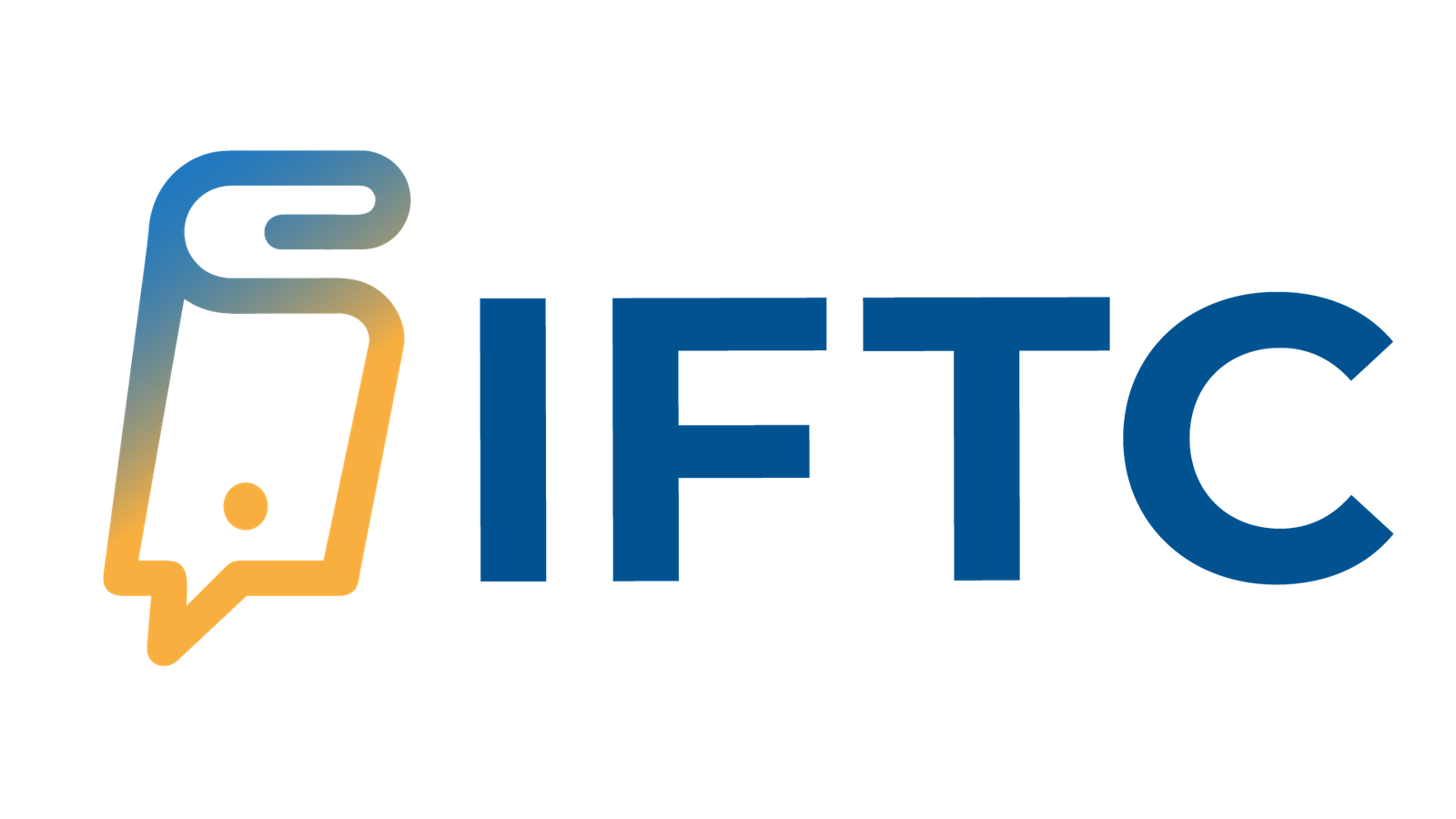
Agentic AI & Business Process Management: Revolutionizing Organizational Workflows
Introduction: The Rise of Agentic AI in Business
In the ever-evolving landscape of business management, Artificial Intelligence (AI) has matured from a buzzword to a powerful strategic enabler. The next frontier in AI is here—Agentic AI. Unlike conventional AI systems that execute predefined tasks, agentic AI systems are designed to autonomously pursue goals, make decisions, adapt strategies, and collaborate with humans or other agents. In the context of Business Process Management (BPM), this transformative capability is reshaping how organizations design, monitor, and optimize their workflows.
What is Agentic AI?
Agentic AI refers to intelligent systems that act with agency—they interpret instructions, set intermediate objectives, interact with their environments, and continuously learn from outcomes. Tools like AutoGPT, BabyAGI, and Microsoft’s Copilot agents exemplify this emerging category. In BPM, such agents can analyze end-to-end processes, identify inefficiencies, and even propose or implement improvements without explicit human intervention.
Impact on Business Process Management
- End-to-End Process Automation
Agentic AI is a game-changer in automating complex multi-step workflows, particularly those involving conditional logic or multiple departments. For example:
- In supply chain management, an AI agent can manage procurement, track shipment delays, and reallocate resources dynamically.
- In customer service, an agent can handle tickets, trigger escalations, and retrain itself based on customer satisfaction metrics.
This goes beyond robotic process automation (RPA) by enabling context-aware decision-making and adaptive actions.
- Process Discovery and Optimization
Through real-time monitoring of system logs and user behavior, agentic AI tools can auto-discover business processes and suggest optimization strategies. These insights are often visualized using process mining dashboards, helping managers pinpoint friction points and measure improvement after changes are made.
- Self-Governing Workflows
Traditional workflows rely heavily on rule-based approvals and periodic human reviews. Agentic AI brings in self-governing loops, where the system monitors performance KPIs and adjusts parameters autonomously. For example, if a finance process consistently fails SLA deadlines, the AI can propose task redistribution or escalate hiring decisions.
Benefits for Business Leaders and Educators
- Strategic Agility
Agentic AI empowers leaders to pivot rapidly by continuously analyzing environmental variables—economic data, customer sentiment, competitor activity—and dynamically adjusting internal workflows in response.
- Increased Productivity
AI agents reduce reliance on manual coordination and free up human capital to focus on strategic, creative, and ethical dimensions of work.
- Personalized Learning & Development
Challenges and Considerations
Despite the vast potential, agentic AI in BPM introduces complex challenges:
Ethical Oversight and Accountability
Autonomous decision-making raises concerns about transparency, fairness, and liability. Organizations must establish clear boundaries and accountability mechanisms—especially in decisions impacting customers or employees.
Bias and Data Quality
AI agents are only as good as the data they’re trained on. Biased or outdated data can lead to flawed decisions. Therefore, robust data governance frameworks must accompany any agentic AI deployment.
Change Management
The human workforce may resist AI-led transformations. Leaders must invest in change management programs to train employees, build trust in AI systems, and encourage human-AI collaboration.
Practical Applications in Business Education
In a postgraduate business curriculum, agentic AI can be integrated as a case study or simulation module:
- Students can interact with business agents to simulate market decisions or crisis management.
- Researchers can explore optimization algorithms and evaluate ethical models for agent governance.
- Entrepreneurs can prototype AI-led business models using open-source frameworks like LangChain or AutoGen.
Organizations should invest in AI literacy programs for their management teams.
Future Outlook: Towards Cognitive Enterprises
By 2027, Gartner predicts that over 50% of large enterprises will adopt agentic AI tools in at least one key business process. As these systems evolve, we’re likely to see a shift towards Cognitive Enterprises—organizations where human and machine agents co‑design strategy, culture, and operations in real time.
This evolution calls for a redefined skillset in business management graduates—one that blends analytics, ethics, agile thinking, and human-centered design.
Conclusion
Agentic AI is not just another automation tool—it is a strategic partner in reshaping how businesses function. For postgraduate students, educators, and decision-makers in business management, embracing this technology offers a powerful edge in preparing for the next wave of digital transformation. Understanding, integrating, and guiding agentic AI in business processes will be a defining leadership competency in the years ahead.



